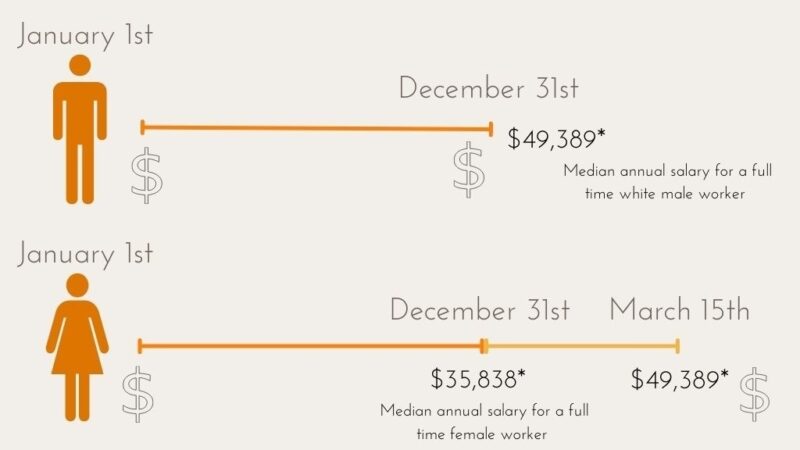PowerHouse Blog
Mentorship: Your Key to Optimal Growth
January 09, 2019 | By Erika Rasmussen

By Bigfork PowerHouse, Holly Wielkoszewski
How do you decide on your goals?
When you’re looking to the year ahead, and focused on areas of desired growth -- whether personal, professional, emotional, physical -- how do you find the right match between where you’re starting, where you can go in a set amount of time, and the tools and resources available to you?
No matter how big or small your goals, a mentor can be key to making sure you’re dreaming big enough, setting yourself up with systems for success, and staying on track as the year progresses.
Here are my techniques for finding the right mentor(s) in my own life.
Look Widely
Mentors come in all shapes, sizes, and experience types. While you might be looking for a mentor in your career field or area of study to hone industry-specific skills, it’s also possible to learn from a mentor with vastly different experience. And in fact, a unique perspective might even help you to grow in unexpected ways.
Look around you at community organizations, clubs, and companies. Who do you admire? What is it about their business, or reputation, or community actions that you’d like to emulate in your own life or career? How could they help you move closer to that quality or goal in your own life? Do some brainstorming before you reach out, and then approach your ideal mentor with your request.
Be Specific
Mentoring is a broad term that encompasses anything from a formal work assignment to a casual friendship. In my own experience, I’ve had the most success from mentoring relationships when I’ve asked for what I’m seeking in a forthright manner. For instance, when I wanted to focus on responding more calmly to stressful conflict situations, I asked my manager at the time to observe me and provide feedback during a structured session. I knew I would be more receptive to feedback in this way than in the immediate aftermath of an already challenging conversation.
In many cases, the best mentors are busy people with lots on their plate. Being specific up front will save you both time and help you start the relationship on the right foot.
Don’t Be Shy
There’s not a marketplace for mentors. (Although maybe there should be!) To my knowledge, there’s no mentorship version of Tinder or Match.com -- although Powerhouse MT is a good start-- so finding the right person to mentor you is all on you. It can feel intimidating to approach someone you admire and ask for their help, guidance, or insight -- but remember that most people are flattered and willing to help someone who shows initiative and curiosity. I’ve found that a respectful inquiry -- usually made in person, rather than electronically -- will always yield a conversation, if not a lasting relationship.
Commit To Progress
Once you’ve identified a mentor, you can work on setting goals specific to that area of your life -- and have a plan to follow up. Unless it’s a one-time coaching session, you’ll be meeting with this person regularly to assess your growth and progress. So it’s important to do your half of the work and show what steps you’re taking each week, month, or quarter.
Be A Mentor
Mentorship goes both ways -- and no matter your stage in life or your career, there’s probably someone looking at you and wondering how to get to where you are today. If you’re approached by a curious person, consider being a mentor yourself. It’s a tremendous way not only to develop your own leadership skills, but to give back within your community.



